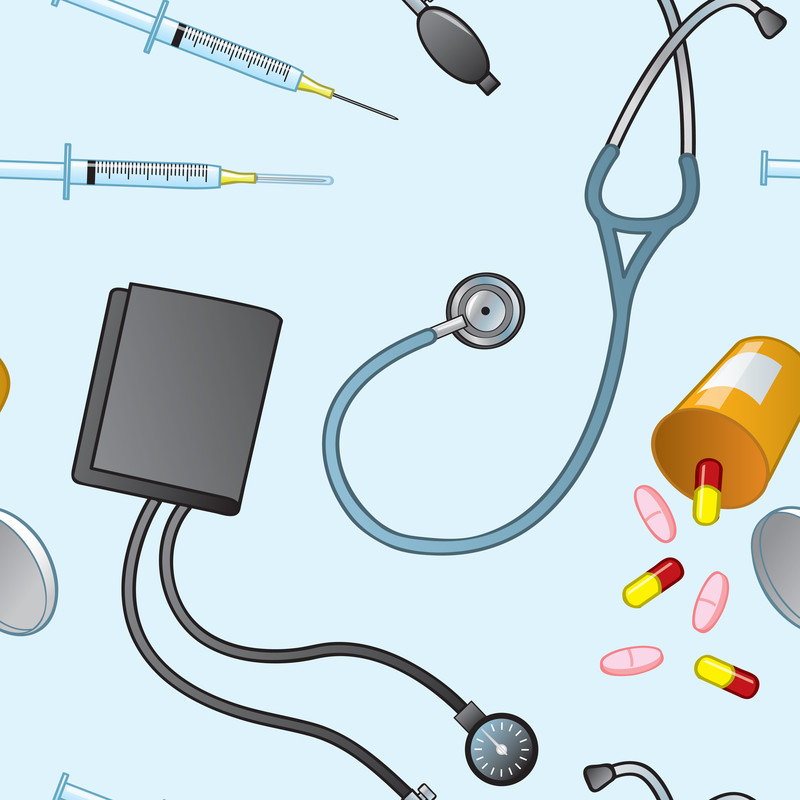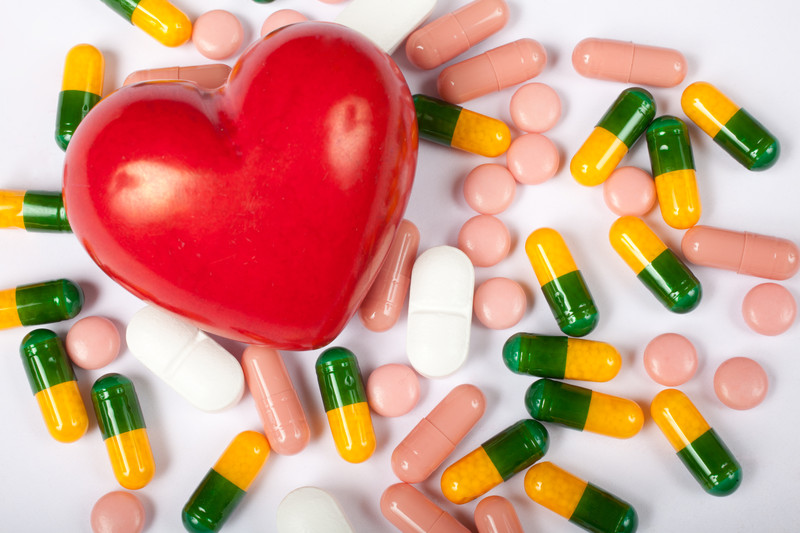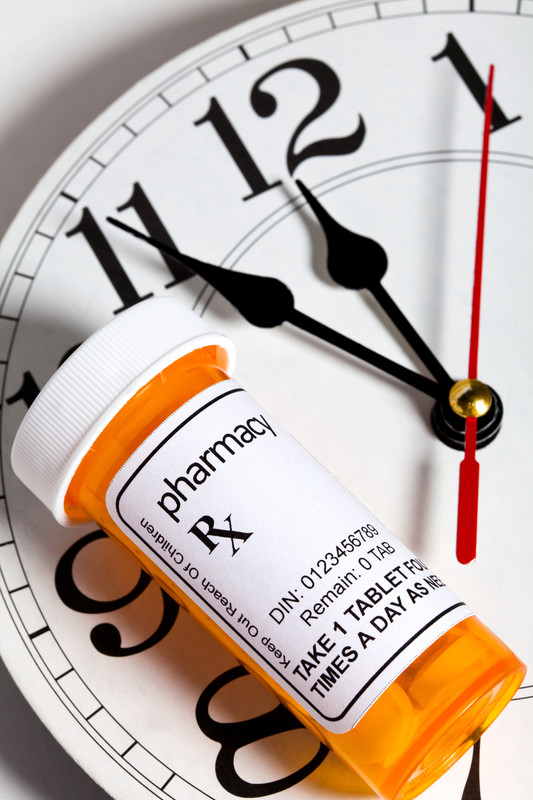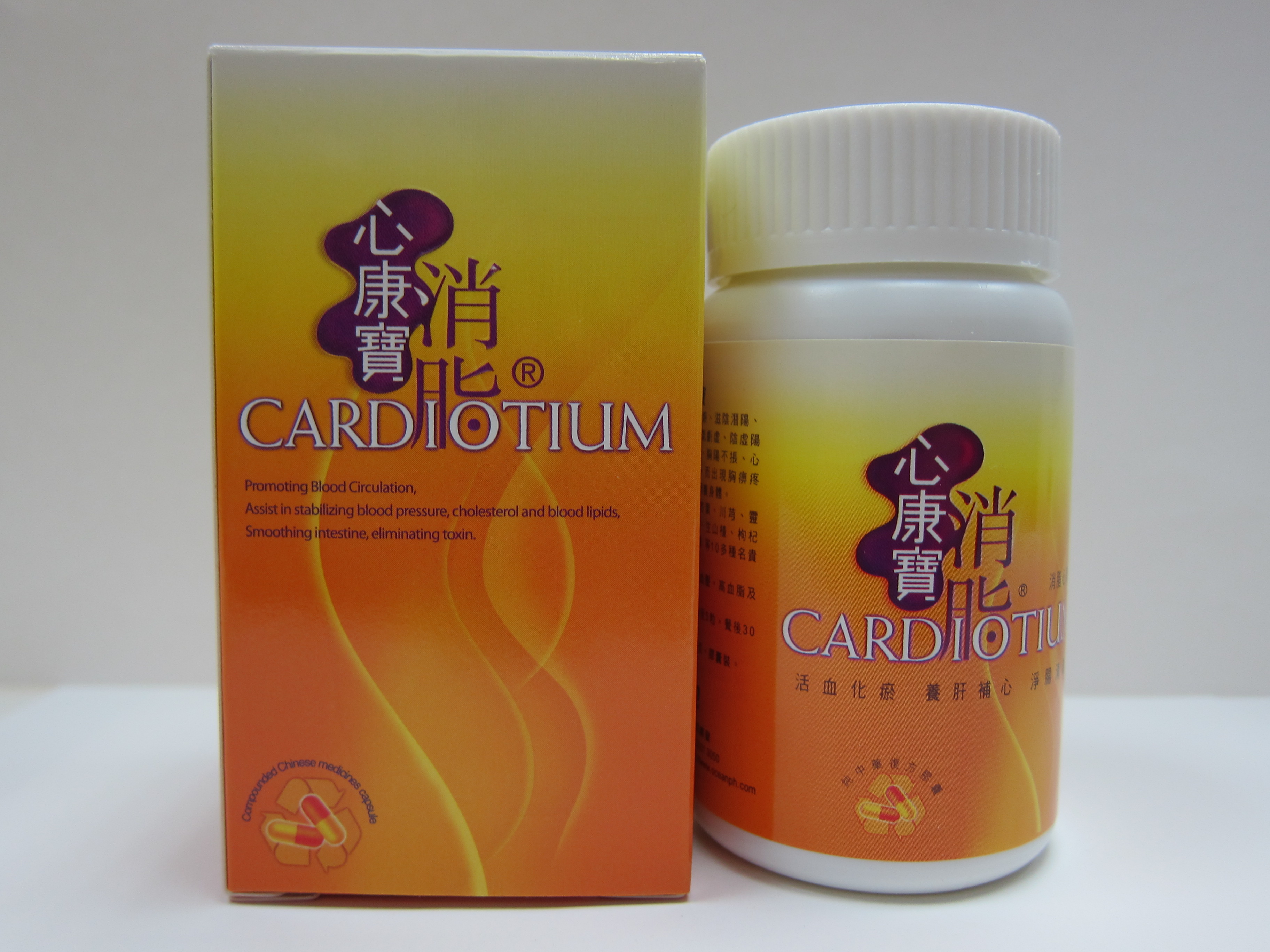| |
Oral Antihypertensive Drugs
|

|
|
High blood pressure
|
Blood pressure is the force of blood pushing against the wall of the arteries as
your heart pumps out blood into the arteries. Its level varies with age, sex, level
of physical activity and emotional changes.
Hypertension refers to the sustained elevation of blood pressure above normal range.
According to the World Health Organization, “hypertension” is defined as systolic/diastolic
pressure persistently higher than 140/90mmHg. Risk factors for hypertension include
increasing age, family history, overweight and smoking. Sometimes, high blood pressure
may also be caused by certain medications or underlying diseases such as kidney
or endocrine diseases.
There is usually no obvious symptom associated with hypertension and many patients
may not be aware until they check their blood pressures or when complications develop.
Poorly controlled hypertension may lead to severe complications such as stroke,
coronary heart disease, aneurysm (a balloon-like bulge in the artery) and kidney
function impairment, etc.
|
|

|
|
▲ back to top
|
Treatment
|
Treatment modality depends on the level of your blood pressure, and your risk of
developing cardiovascular diseases. If there are underlying conditions for your
hypertension, your blood pressure will be controlled by removing the cause. Work
with your doctor to devise the appropriate treatment plan. In general, lifestyle
modification, such as having a healthier diet, exercising more regularly, quit smoking
and drinking less alcohol, is good for your blood pressure. However, pharmacological
treatment may also be needed, especially when your blood pressure is much higher
than normal and your risk of cardiovascular diseases is high.
|
|
▲ back to top
|
Antihypertensive Drugs
|
|
A variety of blood pressure lowering medicines (antihypertensive drugs) is available
in the market. Your doctor will use the most appropriate drug or a combination of
drugs after considering their risks and benefits. Good blood pressure control is
important for preventing cardiovascular or cerebrovascular events. In most cases,
your blood pressure needs to be monitored life-long. Antihypertensive drugs may
have some side effects but these can often be resolved by adjusting the dosage or
changing the type of drugs. Patients are advised to follow doctor’s instructions
in using the drugs and consult their doctors if they have any concerns or queries.
In Hong Kong, antihypertensive drugs can only be obtained from pharmacy with a prescription.
They should be used under close supervision by healthcare professionals. Antihypertensive
drugs are available in different dosage forms. They include oral (e.g. tablet and
capsule) and injectable (e.g. intramuscular and intravenous injection). The most
widely used medications for treating hypertension includes:
|
|

|
1. ACE inhibitors
Angiotensin-converting enzyme (ACE) inhibitors reduce blood pressure by relaxing
your blood vessels, e.g. enalapril, lisinopril, perindopril.
2.Angiotensin II receptor blockers
Angiotensin II receptor blockers help relax your blood vessels which lower your
blood pressure and makes it easier for your heart to pump blood,e.g. losartan, valsartan.
3.Calcium channel blockers
Calcium channel blockers keep calcium from entering the muscle cells of the heart
and blood vessels. This widens your arteries and reduces your blood pressure, e.g.
diltiazem, nifedipine and amlodipine.
4.Diuretics
Sometimes known as water pills, diuretics work by flushing excess water and salt
from the body through urine, e.g. amiloride, frusemide, indapamide.
5.Beta-blockers
Beta-blockers work by making your heart beat more slowly and with less force, thereby
reducing blood pressure, e.g. atenolol, metoprolol, propanolol.
6.Alpha-blockers
Alpha-blockers work by relaxing your blood vessels, making it much easier for blood
to flow through them, e.g.doxazosin, prazosin.
7.Centrally acting antihypertensive drugs
Centrally acting antihypertensive drugs, like methyldopa and clonidine, act by stimulation
of alpha 2 adrenoceptors in the central nervous system which results in a reduction
in sympathetic tone and a fall in blood pressure. Methyldopa may be used for the
management of hypertension in pregnancy.
8.Vasodilators
Vasodilators reduce blood pressure by dilatation of blood vessels, e.g. hydralazine.
|
|
▲ back to top
Common Side Effects and Precautions
|
Categories
of drugs
|
Common side
effects
|
Precautions
|
|
1. ACE inhibitors
|
The most common side effect is a persistent dry cough. Others include dizziness,
taste disturbance, and rashes
|
- Not suitable during pregnancy
- The concomitant use of potassium supplements and potassium-containing salt substitutes
is not recommended
|
|
2. Angiotensin II receptor blockers
|
Dizziness, headache
|
- Not suitable during pregnancy
- The concomitant use of potassium supplements and potassium-containing salt substitutes
is not recommended
|
|
3. Calcium channel blockers
|
Flushed face, headaches, swollen ankles, constipation, dizziness and tiredness
|
- Avoid drinking large quantities of grapefruit juice
- Have high fibre diet and drink plenty of fluid to reduce the side effect of constipation
|
|
4. Diuretics
|
Urinary frequency, dizziness, gastrointestinal disturbance
|
- Take the tablet in the morning
- Hypokalaemia can occur with some diuretics
|
|
5. Beta-blockers
|
Tiredness, cold hands and feet, slow heartbeat, diarrhea and nausea, sleep disturbances,
nightmares
|
- May trigger asthmatic attack in patients with asthma or chronic bronchitis
- Symptoms of hypoglycaemia may be masked in diabetic patients
|
|
6. Alpha-blockers
|
Drowsiness, hypotension (notably postural hypotension), syncope, asthenia, dizziness,
headache and dry mouth
|
- Take first dose at bedtime to avoid postural hypotension
|
|
7. Centrally acting antihypertensive drugs
|
Headache, dizziness, dry mouth
|
- May cause drowsiness, if affected, patients should not drive or operate machinery
- Do not drink alcohol because this may worsen the side effects
|
|
8. Vasodilator
|
Headache, nausea, vomiting, tachycardia
|
- Should tell your doctor if you develop symptoms of arthritis, unexplained fever
or tiredness
|
|
▲ back to top
|
General advice on taking antihypertensive drugs
|
The following should be borne in mind when taking antihypertensive drugs:
-
Be familiar with the name and dosage of the drugs you are taking. Be cautious about
their possible side effects
-
Take the drugs regularly as instructed by your doctor in order to have effective
control of hypertension. Keep taking the same dosage of drugs even if your conditions
improve unless your doctor suggested you to change your antihypertensive regime.
-
Do not stop medication without your doctor’s instruction. Take your medicines at
the same fixed time every day as far as possible. If you miss a dose, take it as
soon as possible unless it is almost time for the next scheduled dose. In that case,
skip the missed dose and take the next dose as directed. Do not take double doses
-
The drugs should not be taken with alcoholic drinks to avoid dizziness or fainting
-
Some types of antihypertensive drugs can cause dizziness or drowsiness, usually
when you first start taking your medicine or if your doctor changes your dose. If
you do feel light-headed or dizzy, you should not drive or operate machinery and
seek your doctor’s advice if the symptom persists.
-
Make sure you have sufficient drug stocks for several days. Do not wait till the
last minute to refill the prescription
|
|

|
|
▲ back to top
|
Communication with your doctor
-
Antihypertensive drugs should be used under medical supervision
-
Seek your doctor’s advice on the best treatment option. Different antihypertensive
drugs may have different action and side effect profiles; your doctor will prescribe
the most appropriate drugs for you after considering your condition and your response
to the drugs
-
Inform your doctor of the individual drugs and medical history because other drugs
may interact with your antihypertensive drugs and some diseases may warrant for
special precautionary measures
-
Inform your doctor if you are pregnant as some types of antihypertensive drugs like
ACE inhibitors and Angiotensin II receptor antagonists may affect fetus and should
not be used during pregnancy
-
Inform your doctor if you are breastfeeding as some types of antihypertensive drugs
are distributed into breast milk
|
|
|
|
|
|
|
-
Seek medical advice as soon as possible if you experience any symptoms or side effects
suspected to be related to your antihypertensive drugs. Your doctor may review your
type of medications
-
Have regular follow-ups as advised by your doctor and discuss with your doctor how
to monitor your blood pressure at home
-
Ask your doctor before taking any other medicines or health products as they might
affect the effect of your blood pressure medication. Don’t control your blood pressure
by self-medicating with health products according to the product claims. In fact,
products claimed for stabilizing blood pressure have previously been found to be
adulterated with antihypertensive drug ingredients
|
|
|
|
▲ back to top
|
Storage of drugs
Drugs should be stored in a cool dry place. Unless specified on the label, medicines
should not be stored in refrigerators. Furthermore, drugs should be kept properly
in places unreachable by children to prevent accidental ingestion.
|
|
|
|
▲ back to top
|
|
Acknowledgement : The Drug Office would like to thank the Surveillance and Epidemiology Branch and the Professional Development and Quality Assurance for their valuable contribution to the preparation of this article.
|
|
|
|
|







